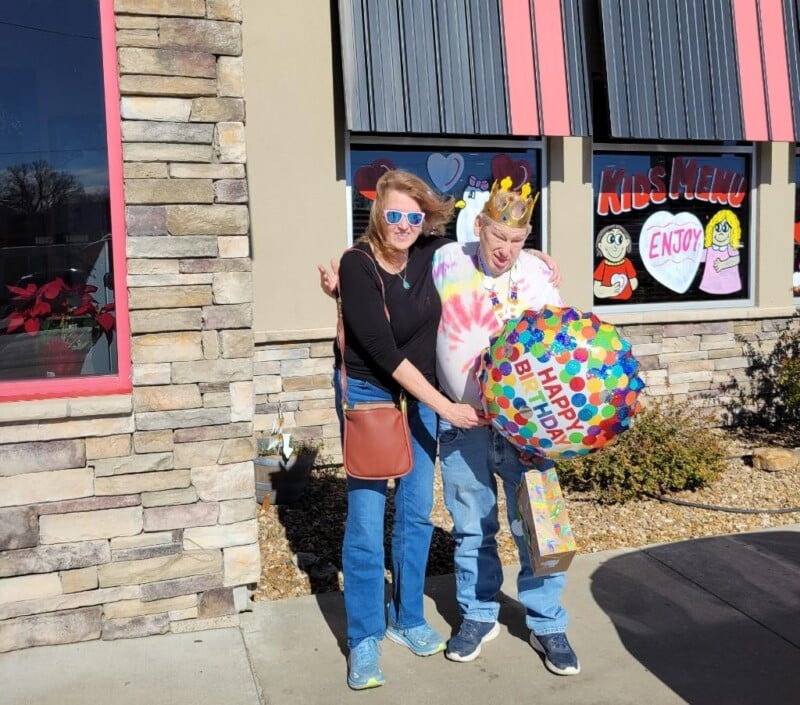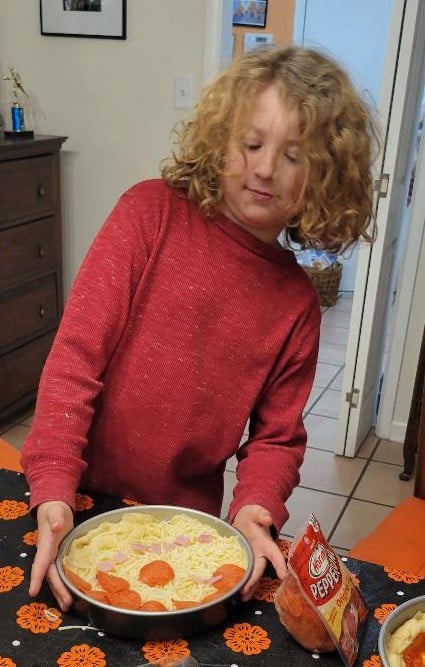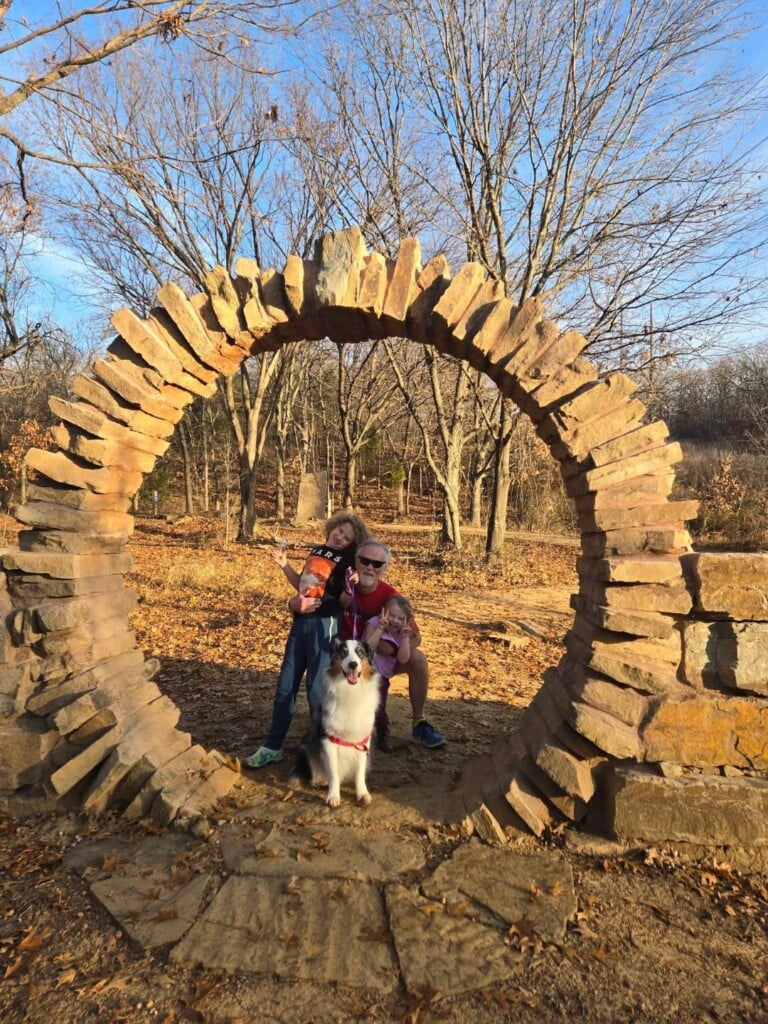Siblings: The Best of Times, the Worst of Times
We were having lunch with our grandkids Sunday when the topic turned to time travel. Our family loves hypothetical questions, and this is a great one. Where and when would you go if you could travel in time? Several ideas were tossed about, and then it was our six-year-old grandson’s turn. Callister looked very serious, and then he said, “I would return to each time I hurt Sylvia, and I would stop myself from doing it.” That was NOT the answer we were expecting! I wanted to cry because it was so sweet. What a great big brother! Then, in the next instant, he reached across the table to steal three-year-old Sylvia’s ice cream. The perfect surreal sibling moment was over, and reality resumed.
Today is National Sibling’s Day, a good opportunity to explore the unique bond shared by siblings. Charles Dickens was not talking about siblings when he penned the famous words, “It was the best of times, it was the worst of times,” but if you’re a parent of more than one child, you know it applies. Watching the relationship between my daughters was one of my favorite parts of parenting, and watching them fight was one of the most annoying aspects of being their mom. Here we go with Round Two with our grandkids.
Sibling relationships are important and also complicated. About 82 percent of kids in the United States live with a sibling and, most often, spend more time interacting with their sibling than with anyone else. The time spent together diminishes when they grow up and go their separate ways, but it remains one of the most influential and longest-lasting relationships of our lives. The sibling relationship can be positive and nurturing, or it can be destructive and harmful. The most common outcome is probably somewhere in between those two extremes. Siblings who are four years apart or less tend to have the most conflict, but they also have the closest bonds.
Relationships with siblings teach us so many critical lessons! We learn the art of negotiation, conflict resolution, and how to compromise. Siblings have to share material belongings, but even more challenging, they have to share the attention of their parents and grandparents. It helps prepare us for life.
Sibling Squabbles: How Parents Can Help
What can we do as parents and grandparents to referee the sibling fights, or should we even intervene? First, we need to define what we mean by the word fighting. If it involves physical violence, parents must get involved. If it’s quarreling, sometimes kids can work it out between themselves. However, even if it doesn’t get physical, there can be harmful emotional consequences if there is hurtful name-calling or vicious verbal bullying.
I’ve heard some “creative” ways to halt sibling squabbles, ranging from making them hug after a fight to forcing kids to run laps if they argue with their sibling. However, most experts agree there are better methods. Sibling conflicts are normal and common, but there are some steps parents can take to lessen the negative impacts.
1. Set a good example
Kids are always watching and listening. Make sure they see you and your partner discuss disagreements and reach a compromise in a healthy manner.
2. Try to stay calm.
It’s so easy to say and so difficult to do, right? I don’t know why the sibling quarrels are so irritating, but they sure elevate my blood pressure. We want our kids to love each other. The fights disrupt our vision of our perfect little families. It’s noisy, chaotic, and stressful. Take a deep breath, count to ten if possible, and remind yourself that this is normal.
3. Stay neutral
It’s easy to fall into the trap of always blaming the older one. After all, our sweet little baby couldn’t be guilty of anything, could they? Be fair, don’t jump to conclusions.
4. Help them learn to talk through their feelings and find a solution
The best time to talk it through is probably not when they are in the midst of an argument. When things calm down, brainstorm some ideas with them on how to handle conflict. Talk about how the conflict makes them feel. Listening to how their sibling feels might be eye-opening and create some empathy.
5. Praise the positive
When you see them acting kind towars their sibling, take that opportunity to comment on how kind or thoughtful they’re being.
6. Get help
If you feel like your kids’ fighting is out of control, ask your pediatrician for a referral for a behavior consultant or counselor.
I love watching the bond between our grandson and granddaughter. I hate having to referee their fights. It’s the best and the worst, but even when it’s the worst, I know this relationship is special and important. Siblings are often our first friends and, hopefully, our forever friends. It’s the best of times, and it’s the worst of times, but with some guidance and luck, the positive will outweigh the negative.

There are five other chairs exactly alike, but Callister and Sylvia will fight to sit in the same chair! It’s the worst of times!


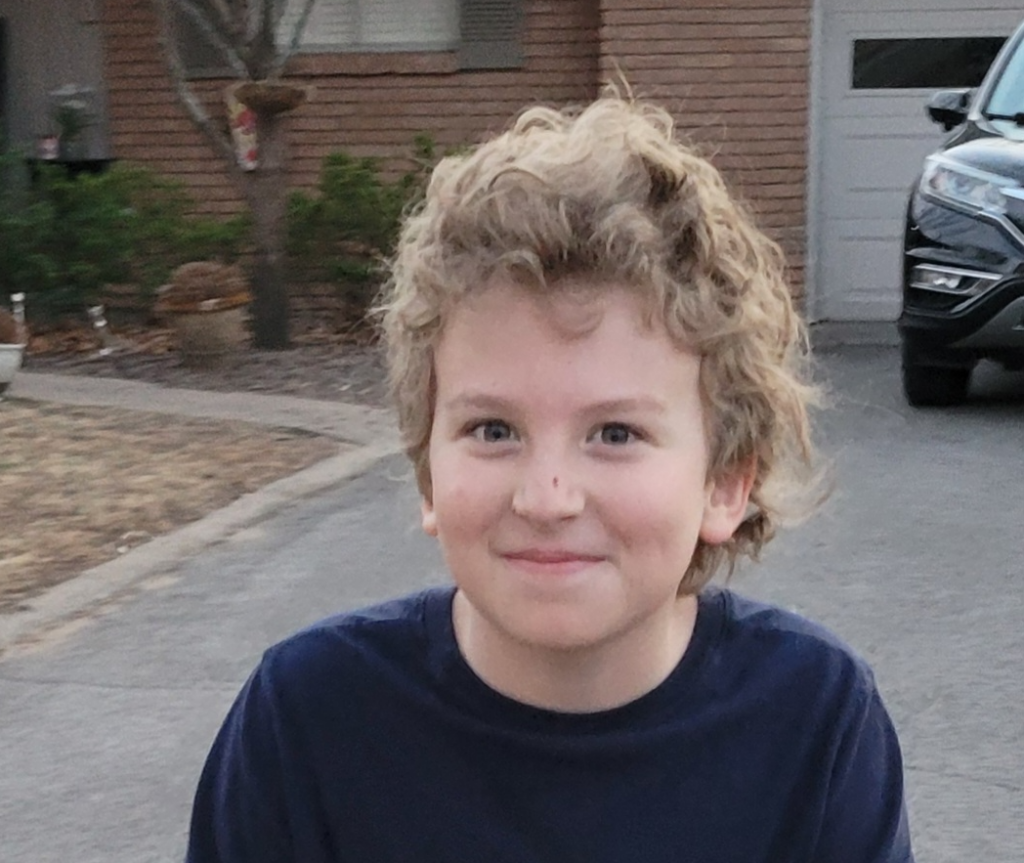

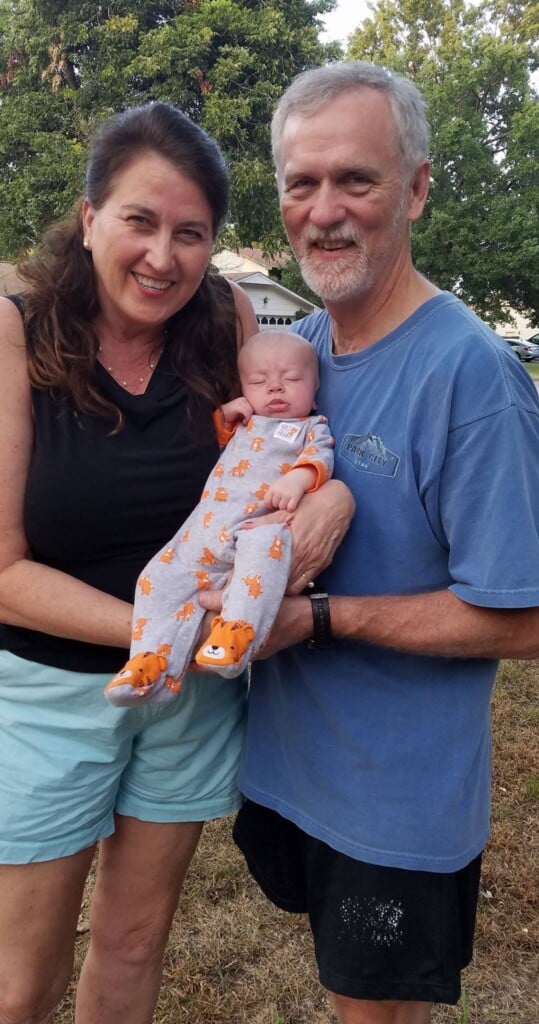
 Welcome to Grand Life, the TulsaKids blog that explores the wonderful adventures of grandparenting! Join me and my grandchildren as we explore interesting activities and visit family friendly sites in Tulsa. This blog shares the joys and challenges of grandparenting as well as the various roles grandparents play in their grandchildren’s lives.
Welcome to Grand Life, the TulsaKids blog that explores the wonderful adventures of grandparenting! Join me and my grandchildren as we explore interesting activities and visit family friendly sites in Tulsa. This blog shares the joys and challenges of grandparenting as well as the various roles grandparents play in their grandchildren’s lives.


